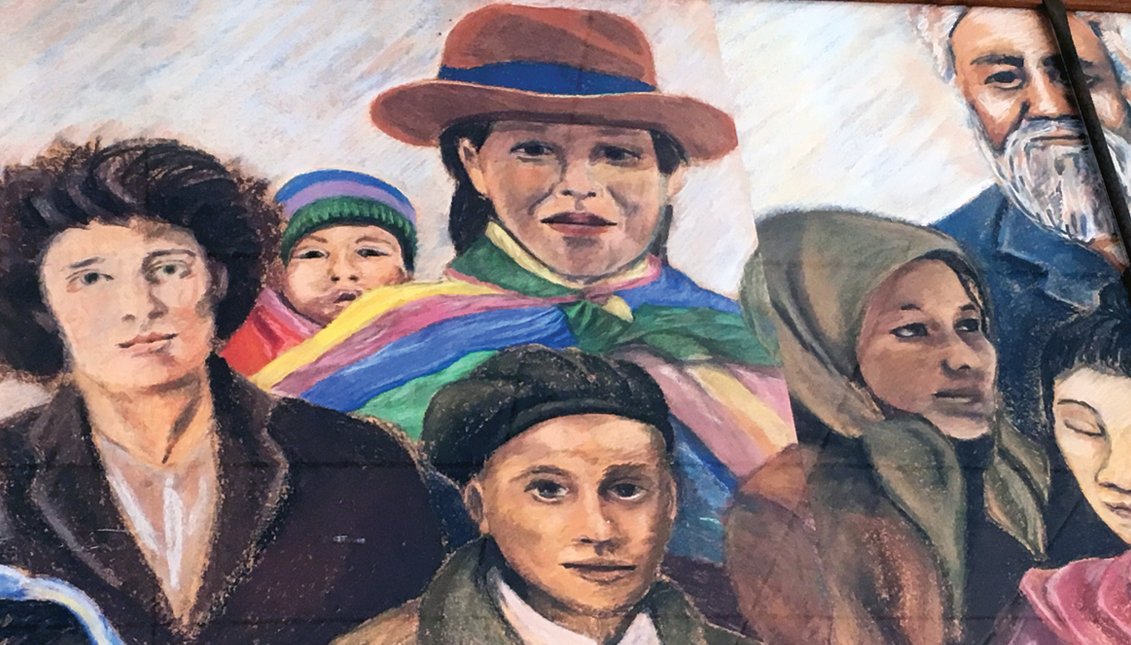
[OP-ED]: Cabrini: A University for Immigrants in PHL region
Cabrini College, recently renamed Cabrini University, was founded as a very modest educational institution for poor immigrants in the Philadelphia region
This past week was my first meeting as a member of the Board of Trustees of one of the universities in our region with one of the most noble traditions.
Cabrini College, recently renamed Cabrini University, was founded as a very modest educational institution for poor immigrants in the Philadelphia region by an extraordinary woman whose story should be better known.
Mother Frances Xavier Cabrini, a Catholic nun born in Italy, was sent in the 19th Century to America by the Pope with other four nuns to help the wave of immigrants coming at the time out of Italy— as poor, as uneducated, and as defenseless as those who come today from Mexico, or Puerto Rico.
The vision of Mother Cabrini, founder of the order of Missionary Sisters of the Sacred Heart, was very simple:
Combat the pest of poverty through education, the devil of injustices of men preying upon other weaker men through the developing of the intellect all humans are gifted with.
Liberation for Mother Cabrini was actually in our hands, so long as we could reach out to a book to read, a professor willing to give us the time to teach us, and an environment where a young person can be judged “by content of their character, not by the color of the skin,” as Martin Luther King used to say.
In the case of Latinos, coming mostly from the Spanish-speaking world, judged not only because of their colored skin, but also by their heavy accent in English.
“I might speak with an accent, but I do not think with one,” told us Dr Antonia Novello, when she came from Orlando to speak about her immigrant experience in one of “AL DIA’s National Speaker Series” at the Union League Club of Philadelphia.
Mother Cabrini’s life example is enduring and I feel deeply honored to have been asked to serve in the Board of the University rightfully named after her.










LEAVE A COMMENT:
Join the discussion! Leave a comment.